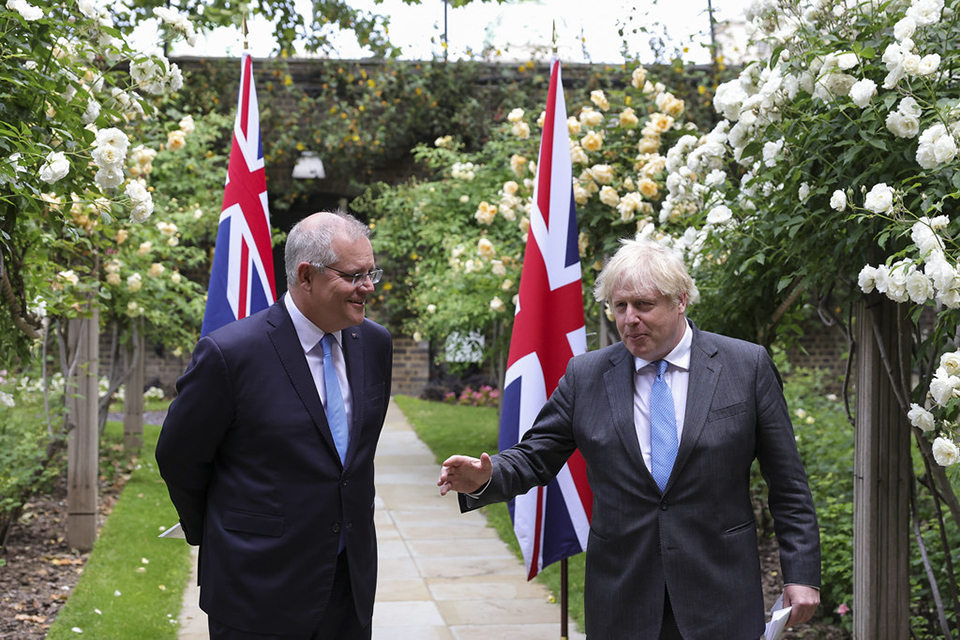More than two-thirds of UK SMEs trading in foreign currencies say that they have been financially disadvantaged due to currency volatility sparked by the EU referendum, according to a new study by leading SME partner, Bibby Financial Services (BFS).
Findings of the ‘SMEs and International Trade’ report reveal that 67 per cent of businesses with foreign exchange requirements say they have been adversely affected by currency volatility in the past 12 months, with an estimated financial impact of £69,669 each.
Michael McGowan, managing director for Foreign Exchange at BFS, says, ‘By far the greatest challenge facing SMEs importing and exporting is currency volatility, sparked by the EU referendum and ongoing Brexit negotiations.
‘While there is a common perception that a weaker pound benefits exporters, our findings challenge this binary narrative. Importing and exporting are not mutually exclusive and more than a quarter of SMEs that import sell finished goods or component parts overseas.
‘As such, often importers and exporters are equally exposed to currency volatility and wider economic uncertainty.’
The research found that currency volatility is the biggest challenge faced by UK importers and exporters today. Other key challenges for exporters include paperwork and administration, and logistics management. For importers, logistics and managing duty, VAT and freight payments were the main issues.
Despite currency volatility featuring as the top concern for both importers and exporters, research found that almost a quarter of SMEs trading overseas (23%) have never reviewed their foreign exchange arrangements to see if they could better protect themselves against future volatility.
McGowan adds, ‘No matter how big or small they may be, managing currency risk in today’s economic environment is vital.
‘The businesses that will be successful in the long-term are those that are planning ahead and thinking strategically about how they can protect profit margins. We have seen examples where businesses have been able to avoid losing hundreds of thousands of pounds, by locking-in future contracts.’
Andrew Shepherd, managing director at ABP Technology says, ‘Volatility is something that we are always having to tackle as a business that both imports and exports. We primarily trade in the U.S. dollar and are increasingly working with our customers to buy directly from China to reduce our currency exposure.’
Findings of the report also reveal the top import and export destinations. China, U.S. and France are top import markets amongst UK SMEs, while U.S., Germany and France were seen as the top export destinations.





